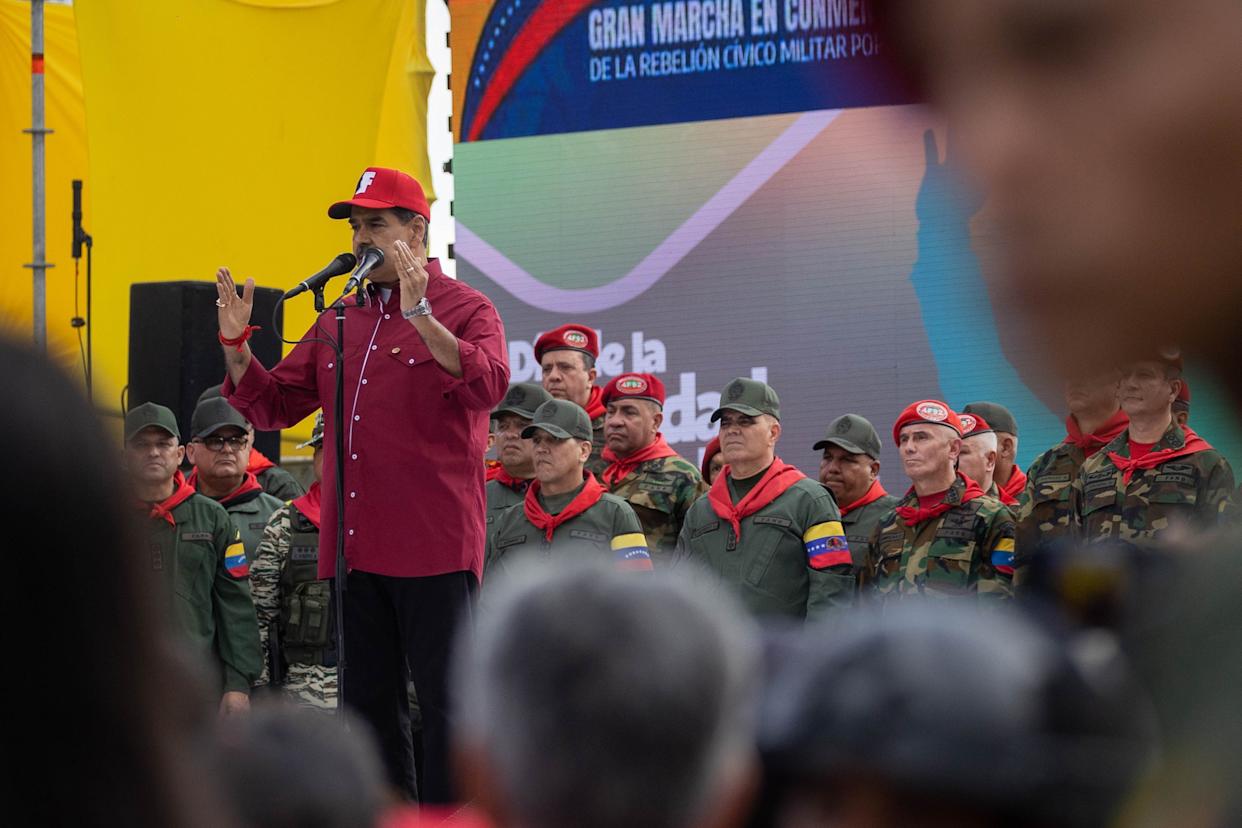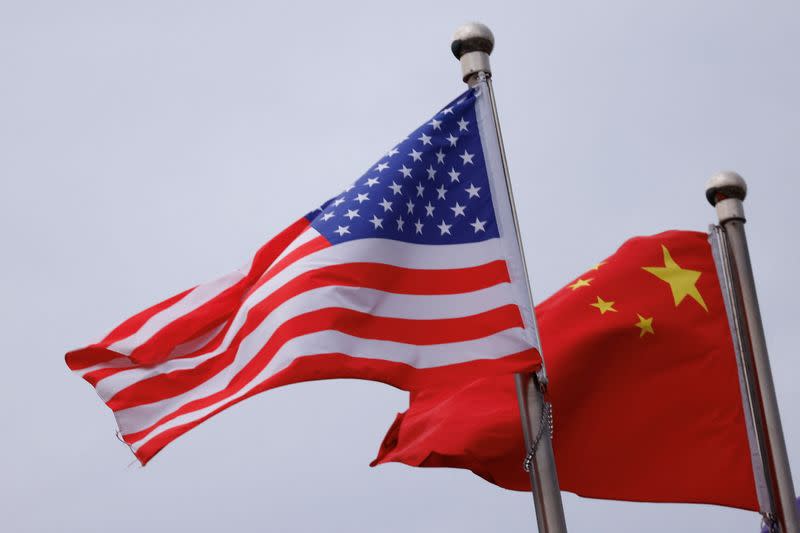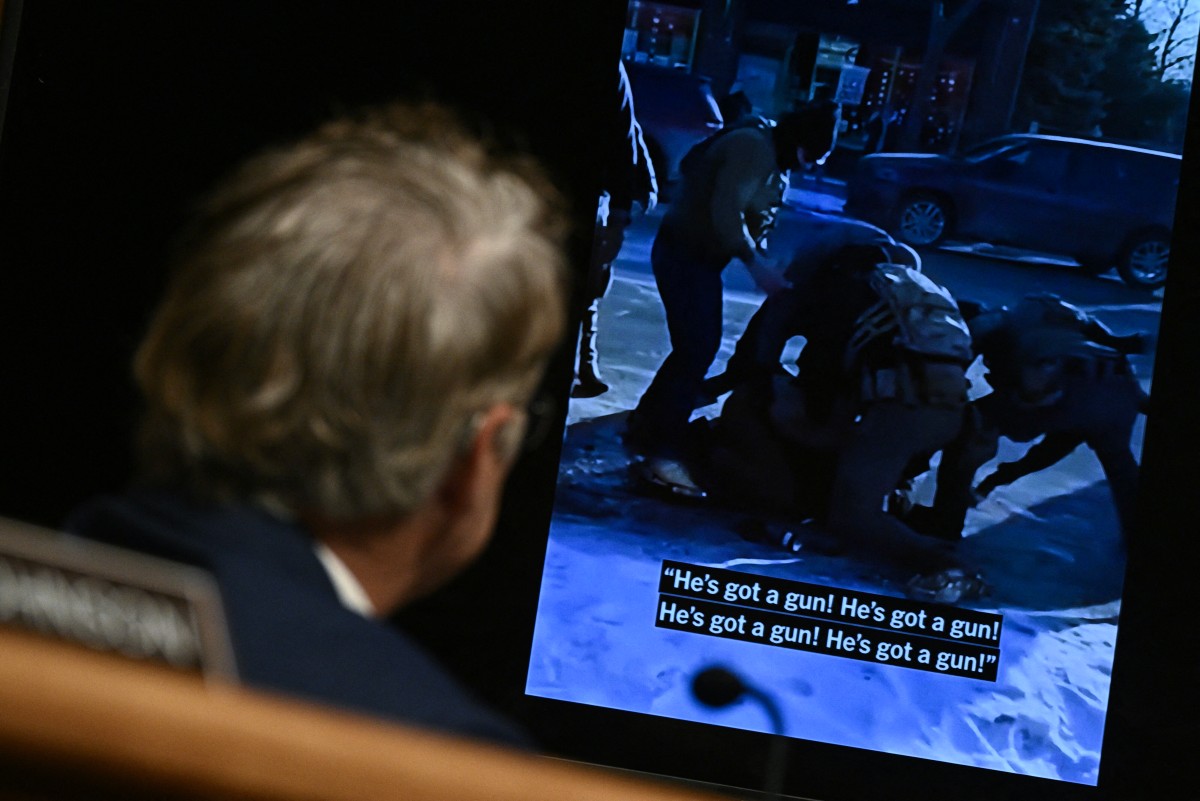International
Maduro Announces Economic Emergency Decree Amid Growing Tensions with the U.S.

Nicolás Maduro, who swore in for a third term after his disputed reelection in Venezuela, announced on Monday that he will sign a decree for an economic emergency, following a proposal from Executive Vice President Delcy Rodríguez due to the “delicate moments” and “uncertainty the world is experiencing.”
“Tomorrow I will sign the constitutional economic emergency decree to protect and defend Venezuela’s economy, and I will explain it,” the Chavista leader stated in his weekly program ‘Con Maduro +.’
Maduro recalled that he has used this measure in previous years and explained that this decree allows him to assume “special, constitutional, extraordinary powers” for what he considered “the defense of the Venezuelan economy in its push, in its development.”
In the television segment, the vice president handed Maduro the document with the proposal for him to take the “reins of the economy” to “protect national industry, guarantee the provision of essential goods and services for the population, and ensure that the national economic life continues its course.”
Venezuela is facing a 15% tariff increase from the U.S., in addition to other measures such as a 25% additional tariff on buyers of Venezuelan oil or gas and the termination of licenses for oil companies to operate in the Caribbean nation, such as the U.S. company Chevron and the Spanish company Repsol.
Last Friday, Maduro assured that Venezuela would be “the first country in the world to overcome the tariffs and the trade war declared by (U.S. President, Donald) Trump against the world.”
International
Florida judge sets 2027 trial in Trump’s $10 billion lawsuit against BBC

A federal judge in Florida has scheduled February 2027 for the trial in the lawsuit filed by U.S. President Donald Trump against the BBC, in which he is seeking $10 billion in damages for defamation.
Trump accuses the British broadcaster of airing a misleading edit of a speech he delivered on January 6, 2021, which, he says, made it appear that he explicitly urged his supporters to attack the U.S. Capitol in Washington.
The president filed the suit in December in federal court in Florida, alleging defamation and violations of a law governing business practices when the program was broadcast ahead of the 2024 election.
Trump is seeking $5 billion in damages for each of the two claims.
Lawyers for the BBC unsuccessfully asked the court to dismiss the case, arguing that Trump had not suffered a “legally recognizable harm,” since the investigative program Panorama, which included the edited footage, aired outside the United States.
International
Head-of-state diplomacy key to guiding China–U.S. ties, Beijing says

Head-of-state diplomacy plays an irreplaceable strategic guiding role in China–United States relations, Chinese Foreign Ministry spokesperson Lin Jian said on Thursday during a regular press briefing, when asked about high-level exchanges between the two sides.
Lin added that in a recent phone call, U.S. President Donald Trump once again expressed his intention to visit China in April, while Chinese President Xi Jinping reiterated his invitation.
Both sides remain in communication regarding the matter, the spokesperson said.
Lin noted that the essence of China–U.S. economic and trade ties lies in mutual benefit and win-win outcomes.
“Both parties should work together to implement the important consensus reached by the two heads of state, injecting greater certainty and stability into China–U.S. economic and trade cooperation, as well as into the global economy,” he said.
International
Trump administration to end special immigration operation in Minnesota

The administration of Donald Trump is bringing to a close its special operation targeting illegal immigration in the northern state of Minnesota, border czar Tom Homan announced Thursday, following weeks of unrest and the fatal shootings of two activists by federal agents.
Thousands of federal officers had been deployed to Minnesota in December to carry out large-scale raids against undocumented immigrants.
The operations triggered strong reactions from residents and advocacy groups, leading to daily confrontations and the deaths of two people who were shot by federal agents.
“I proposed, and President Trump agreed, that this special operation should end in Minnesota,” Homan said during a press conference in the state capital, Minneapolis.
“A significant drawdown began this week and will continue into next week,” he added.
Homan indicated that similar enforcement efforts could be launched in other cities.
“Next week we will redeploy the agents currently here back to their home stations or to other parts of the country where they are needed. But we will continue to enforce immigration laws,” he said.
-

 Central America5 days ago
Central America5 days agoSalvadoran fans plan birthday surprise for Shakira at historic show
-

 Central America4 days ago
Central America4 days agoGuatemala isolates Barrio 18 leader after attacks that killed 11 police
-

 Sports5 days ago
Sports5 days agoShakira ignites El Salvador with near sold-out residency at Mágico González Stadium
-

 International2 days ago
International2 days agoU.S. Health Department says CDC grants no longer match agency priorities
-

 International24 hours ago
International24 hours agoOver 50 Civil Groups Urge House to Impeach DHS Secretary Kristi Noem
-

 International2 days ago
International2 days agoICE Arrests Reach 379,000 Under Trump, Testimony Shows Amid Minnesota Shootings
-

 Central America24 hours ago
Central America24 hours agoGuatemala to Phase Out Longstanding Medical Cooperation Agreement with Cuba
-

 International2 days ago
International2 days agoDespite homicide drop, overall deadly violence remains high in Mexico: study
-

 International2 days ago
International2 days agoSheinbaum Urges Mexico to ‘Jealously’ Guard Sovereignty at Air Force Anniversary
-

 International2 days ago
International2 days agoJet Fuel Crisis Hits Cuba: Flights Disrupted, Air Canada Cancels Services
-

 International2 days ago
International2 days agoMEPs Approve Plan That Could Fast-Track Rejection of Some Asylum Claims
-

 International24 hours ago
International24 hours agoNew York’s New Archbishop Names Óscar Romero as His Favorite Saint
-

 International2 days ago
International2 days agoMexico Rises Slightly to 141st in Global Corruption Perceptions Index 2025
-

 International1 hour ago
International1 hour agoHead-of-state diplomacy key to guiding China–U.S. ties, Beijing says
-

 International1 hour ago
International1 hour agoTrump administration to end special immigration operation in Minnesota
-

 International1 hour ago
International1 hour agoFlorida judge sets 2027 trial in Trump’s $10 billion lawsuit against BBC
-

 International23 hours ago
International23 hours agoExclusive Tucson Neighborhood Shaken by Disappearance of Savannah Guthrie’s Mother
-

 International2 days ago
International2 days agoChile Unveils Latam-GPT to Give Latin America Its Own AI Model


























